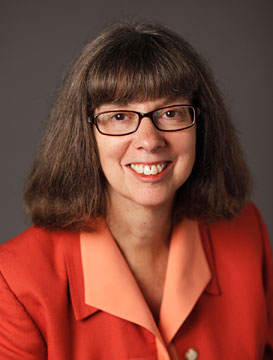| Ching, C. D., Felix, E. R., Castro, M. F., & Trinidad, A. (2018). Achieving Racial Equity From the Bottom-Up? The student equity policy in the California community colleges. Educational Policy.
Huerta, A., & Rios-Aguilar, C. (2018). Treat a cop like they are god: Exploring the relevance and utility of funds of gang knowledge among Latino male students. Urban Education.
Imazeki, J., Bruno, P., Levin, J., Brodziak de los Reyes, I., Atchison, D. (2018). Working Toward K-12 Funding Adequacy: California’s Current Policies and Funding Levels. Getting Down to Facts II, policy report. Stanford, CA: PACE.
Immordino-Yang, M. (2018). How People Learn II: Learners, contexts and cultures. National Academies of Sciences, Engineering, and Medicine’s Committee on the Science and Practice of Learning. National Academies Press, Washington, DC.
Immordino-Yang, M., Darling-Hammond, L., & Krone, C. (2018). The Brain Basis for Integrated Social, Emotional, and Academic Development: How emotional and social relationships drive learning.
The Aspen Institute National Commission on Social, Emotional, and Academic Development.
Johnson, R., Bruno, P., Tanner, S. (2018). Effects of the Local Control Funding Formula on Revenues, Expenditures, and Student Outcomes. Getting Down to Facts II, policy report. Stanford, CA: PACE.
Kezar, A. (2018). Scaling change in higher education: A guide for stakeholder groups. Washington, DC and Los Angeles, CA: Association of American Universities and Pullias Center for Higher Education.
Kezar, A. J., & Holcombe, E. M. (2018). Challenges of implementing integrated programs for underrepresented students in STEM: A study of the CSU STEM collaboratives.Educational Policy.
Koppich, J. E., Humphrey, D.C., Marsh, J. A., Polikoff, M., Willis, J. (2018). The Local Control Funding Formula After Four Years: What Do We Know?. Getting Down to Facts II, policy report. Stanford, CA: PACE.
Lucido, J., Hossler, D., Moulton, K., and Massa, B. (2018, October). A Professional Body of Knowledge for a Nascent Profession. SEM Quarterly, 6(3).
Marsh, J., Hall, M., Allbright, T., Tobben, L., Mulfinger, L., Kennedy, K., & Daramola, E.J. (2018) Taking stock of stakeholder engagement in California’ss Local Control Funding Formula: What we can learn from the past four years to guide next steps?. Getting Down to Facts II, policy report. Stanford, CA: PACE.
Yang, X., Pavarini, G., Schnall, S. & Immordino-Yang, M.H. (2018). Looking up to virtue: Averting gaze facilitates moral construals via posteromedial activations. Social Cognitive Affective Neuroscience. |





 Do you know there is a video for inserting Running Head in APA style citation? If not, join us Wednesday November 7th 2018, 10am-11:30am in the VKC Library Multimedia Room. Jana Parizer, Campus Success Ambassador for APA Style CENTRAL will conduct a training session with the APA Style CENTRAL, which is available through the USC Libraries. Light refreshments served.
Do you know there is a video for inserting Running Head in APA style citation? If not, join us Wednesday November 7th 2018, 10am-11:30am in the VKC Library Multimedia Room. Jana Parizer, Campus Success Ambassador for APA Style CENTRAL will conduct a training session with the APA Style CENTRAL, which is available through the USC Libraries. Light refreshments served.